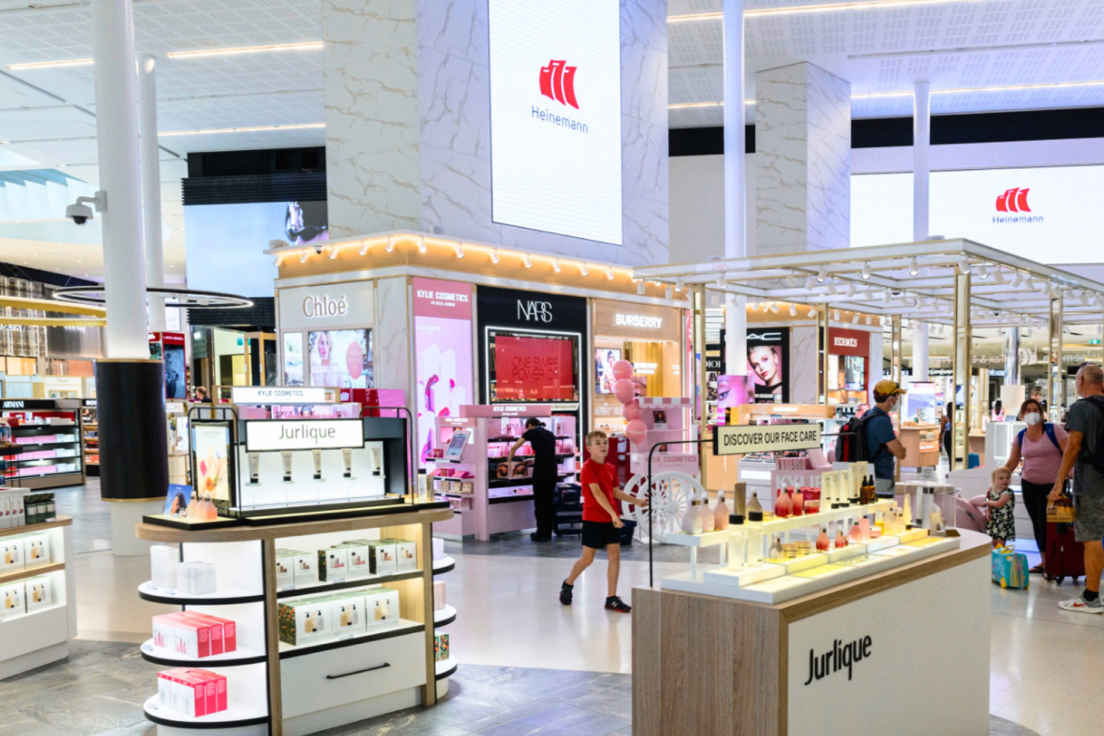When the POS-System Fails: The FallbackPOS
Make a purchase, pay and you're done - that's how customers are used to shopping in retail stores. But what happens if the checkout system fails and payments can not be accepted anymore? More importantly, what can you as a retailer do about it?
Fragility of modern checkout systems
The case of Marc'O Polo
The underestimated risk
Backup-systems as preventive solution
Fragility of modern checkout systems
In an increasingly digitalized world, POS systems are also much more networked within retailers' IT structures and have taken on new functions. They communicate with ERP systems, payment service providers and handle the fiskalization as well. Although at first glance cash registers are perceived as ordinary everyday devices, they are much more complex in the background than initially meets the eye. However, this new type of networking is also associated with a higher risk of failure.
Did you know that in the German retail sector 60% of the transactions are done via card?
If there is a technical error, a malfunction of the payment terminal or problems within the downstream processes of the payment provider, the devices can fail and merchants can suffer major losses. For example, the Verifone H5000 outages in 2022 caused upset customers and lost sales for merchants across Germany, as the terminals were unable to accept card payments for several days. For companies, the threat of cyberattacks is an increasingly significant danger that is often underestimated, especially in the retail sector, and can have serious consequences, as the case of Marc'O Polo showed.
When all of a sudden nothing works: the case of Marc'O Polo
The case of Marc'O Polo clearly shows how devastating the consequences can be if companies do not take the risk of cyberattacks seriously enough and also serves as a representative example of what the consequences can be if the checkout system fails. A targeted hacker attack with ransomware, malicious software that could be used to hack into internal systems, ensured that nothing worked on 13.09.2019 - all IT systems were encrypted and disabled.

The perpetrators held the key in their hands and demanded a ransom. As a result, neither the merchandise management system nor the tills in the stores worked. Thousands of customers were waiting for deliveries, hundreds of employees no longer had any work to do and sales losses of several million euros were the result.
Retailers underestimate the risk
Despite the high risk posed by such cash register system failures, 80% of German retailers are doing too little, according to the forsa study. Worse still - 60% of participants rate the risk of cyberattacks on the retail sector in Germany as very high, but only 33% see their own company at risk. Everyone seems to be aware of the danger, but fails to recognize it when it comes to their own company. Only a few have made preparations, developed emergency strategies and built up sufficient protection for their IT structure.
Secondary cash register systems as emergency backup
If the cash register suddenly fails, it is usually already too late. Companies should therefore invest in safeguarding regular operations at an early stage. One thing is certain: companies need sophisticated strategies that include cyber security, risk minimization, employee training and technological solutions in order to successfully safeguard operations against the various failure scenarios.
For example, a fully independent, secondary checkout system protects companies from loss of sales and damage to their image associated with a negative customer experience. The keyword here is "shared nothing": the secondary POS system should be completely independent of the primary POS system so that it can be accessed in an emergency. In an emergency, it is easy to switch to the secondary system and continue operations as usual. Customers can complete their purchase as usual, avoiding loss of sales and reputational damage.
The FallbackPOS in action
Snabble's FallbackPOS is ready for use in seconds in an emergency. The Snabble POS platform provides the software, which can be easily installed on all NFC-enabled mobile devices, e.g. on existing handhelds or service phones. Should a failure occur, the secondary cash register can simply be taken out of the pocket and is immediately ready for use. As the emergency cash register has been developed on the basis of the mobilePOS software, even weighing and bulk goods can be properly booked and paid for.
Related Articles:
mobilePOS - the mobile checkout system
FallbackPOS as protection against cyberattacks
H5000 & FallbackPOS: What retailers are implementing one year later
Source:
Statista (2023) Share of payment methods in retail sales in Germany until 2022.
GDV (2023) Cybersecurity in brick-and-mortar retail.
Share this
You may also like
These related stories

H5000 & FallbackPOS: What retailers are implementing one year later

FallbackPOS as protection against cybercrime in retail
